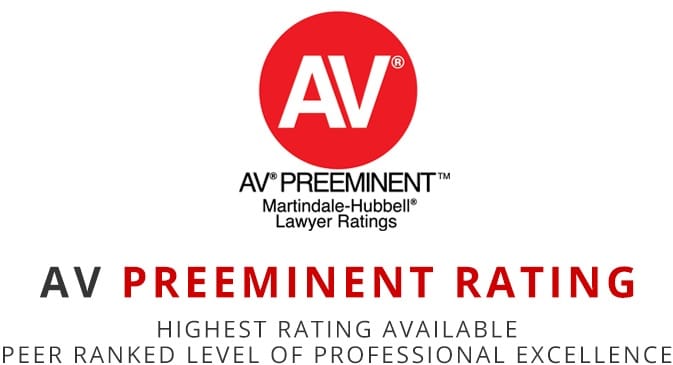Employment Discrimination & Retaliation: Harassment at Work
The civil rights laws prohibit the harassment at work of employees based on race, color, religion, sex (including pregnancy), national origin, age (40 or older), disability or genetic information. A harassment or hostile work environment claim may be stated even when the harassment does not result in a firing, demotion or other tangible employment action. To provide a legal claim, the harassment must be unwelcome conduct that is based on race, color, religion, sex (including pregnancy), national origin, age (40 or older), disability or genetic information. The harassment becomes unlawful where 1) enduring the offensive conduct becomes a condition of continued employment, or 2) the conduct is severe or pervasive enough to create a work environment that a reasonable person would consider intimidating, hostile, or abusive.
The law on harassment in the workplace is complicated. It is often difficult to know where the line is between boorish, but lawful banter, and illegal harassment. In other cases, such as when there are physical assaults and explicit threats, it is clear that the conduct is across the line. Most established companies with 15 or more employees have some form of a policy or program to address workplace harassment. An employee who fails to complain of the harassment at work and follow the procedures set out for addressing workplace harassment in the company’s policy or program may run into a defense by the Employer that he or she failed to take advantage of the company’s anti-harassment program. An employee who quits may find that he or she cannot meet the relatively high burden to prove a constructive discharge, significantly diminishing the value of the claim.
Anti-discrimination laws prohibit harassment against individuals in retaliation for opposing employment practices that they reasonably believe discriminate against individuals, in violation of these laws. Similarly, it is unlawful for an employer to retaliate against an employee for his or her filing a discrimination charge, testifying, or participating in any way in an investigation, proceeding, or lawsuit under these laws.
Even though workplace policies and anti-discrimination laws seek to encourage the reporting of workplace harassment and create protections for workers who report it, it is seldom a comfortable or easy decision for a worker to make a report. Fears and concerns about retaliation can be legitimate. If you believe you are being unlawfully harassed at work or being subjected to a hostile work environment, make an appointment to talk with a Hill Evans employment attorney. Our attorneys can help you understand your rights, obligations, and options.

Employment Discrimination
WE CAN HELP. GET STARTED HERE.
FIRM RECOGNITION


NC Super Lawyers

AV Preeminent Lawyers
